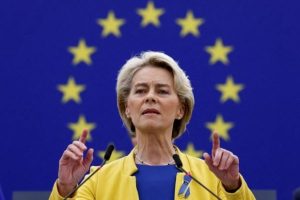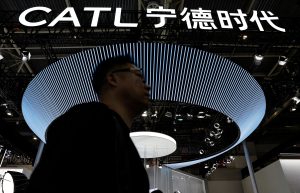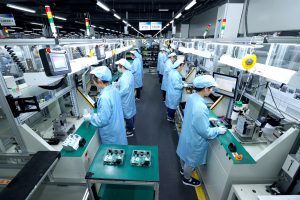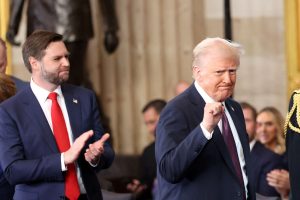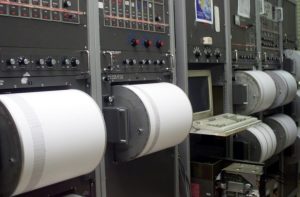China announced Friday it will raise tariffs on U.S. goods to 125% starting April 12, escalating its trade confrontation with Washington. The new rate matches U.S. tariffs on Chinese imports and follows an earlier increase to 84% earlier this week.
In his first public comments on the trade war, Chinese President Xi Jinping adopted a firm stance, saying, “China is not afraid,” during a meeting with Spanish Prime Minister Pedro Sánchez in Beijing. Xi warned that “going against the world only leads to isolation,” and emphasized China’s reliance on “self-reliance and hard work — never on third-party help.”
The move comes as the U.S. maintains its own steep tariffs on Chinese imports, now totaling 145% (125% on imports plus an extra 20% tariff tied to China’s role in fentanyl production) even after pausing new duties on other countries. China’s latest response includes not only tariff hikes but also restrictions on U.S. companies and imports.
A spokesperson for China’s Finance Ministry said the U.S. actions “will become a joke in the history of the world economy,” vowing China would “fight to the end” if provoked further.
The World Trade Organization expressed concern over the growing economic fallout. “The trade war between the U.S. and China could severely damage the global economic outlook,” World Trade Organization Director-General Ngozi Okonjo-Iweala warned earlier this week. “We urge both sides to return to the negotiating table.”
As Beijing deepens regional and global ties — with Xi set to visit Vietnam, Malaysia, and Cambodia — the Chinese leader is looking to position China as a stable partner in contrast to Washington’s unpredictability. Meanwhile, markets remain on edge, with investors fearing broader disruptions to global trade and supply chains.


